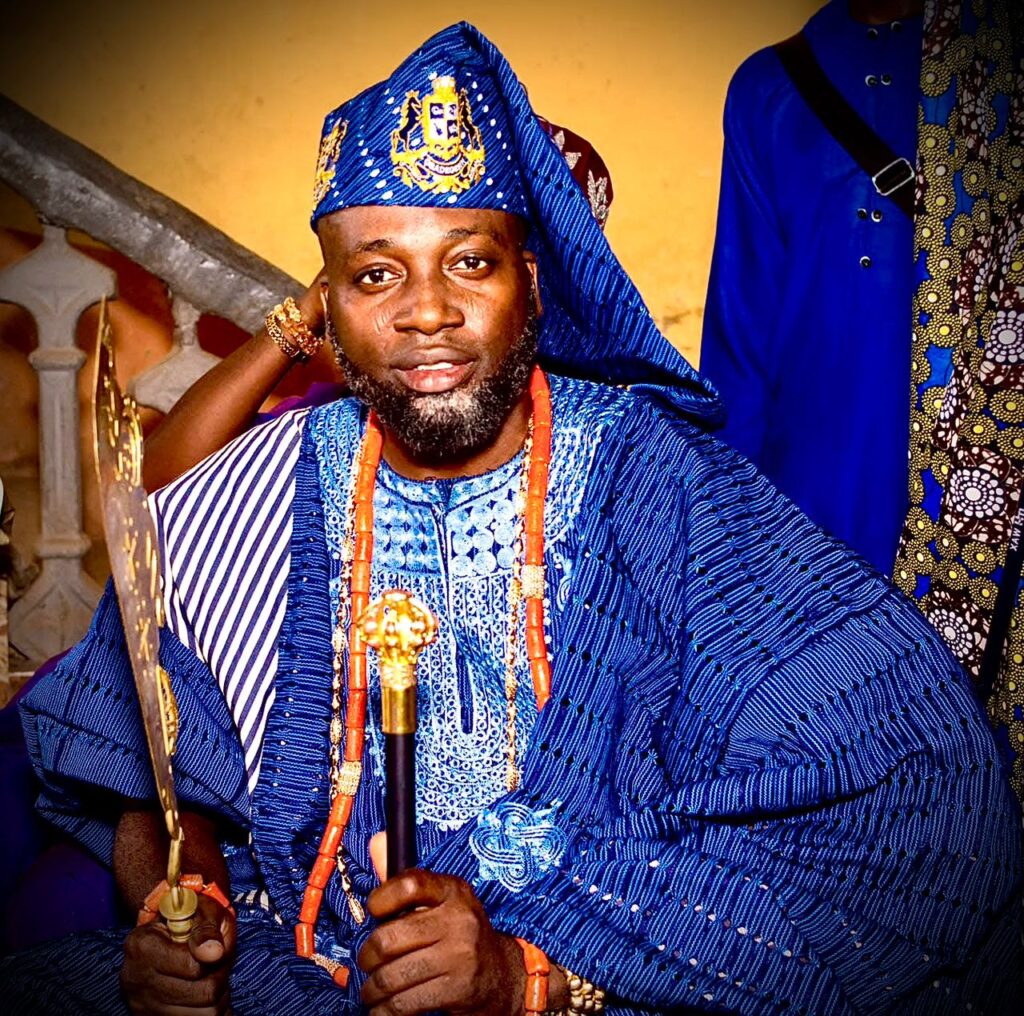Daud Olatunji
A prominent traditionalist and convener of the United Premier Movement (UPM), Hon. (Chief) Olalekan Shoyinka, has urged the International Council for Ifa Religion (ICIR) to abandon its legal battle against the Ogun State Government and focus instead on safeguarding the integrity of Yoruba traditional institutions.
Shoyinka, popularly known as Ayinla Egba, described the ICIR’s move to sue the state government over the Islamic burial of the late Awujale of Ijebuland, Oba Sikiru Kayode Adetona, as a misplaced priority and a distraction from deeper cultural challenges facing the Yoruba monarchy.
In a strongly worded statement made available to PLATFORM TIMES, Ayinla Egba said the council should “be the vanguard of cultural preservation, not a political pressure group,” stressing that litigation “may make headlines, but won’t restore the sanctity of Yoruba kingship.”
The ICIR had, at a recent media briefing in Ibadan, faulted the Ogun State Government over the burial of the revered monarch, arguing that it breached traditional protocols.
ICIR President, Dr. Fayemi Fakayode, cited Part 8, Section 55, Subsection II of the Ogun State Chieftaincy Law, which mandates traditional rites for the burial of Obas.
He also criticised the exclusion of the Osugbo Confraternity—the traditional custodians of Ijebu royal rites.
But the state government, through its Attorney General and Commissioner for Justice, Mr. Sina Ogungbade (SAN), defended the burial, stating it aligned with Oba Adetona’s personal religious convictions.
Ogungbade dismissed the ICIR’s legal threats as “a waste of time and public resources.”
Reacting to the standoff, Ayinla Egba acknowledged the council’s constitutional right to seek redress but warned that the ongoing legal pursuit misses the real issue.
“This isn’t just about how kings are buried,” he said. “The bigger tragedy is how they are chosen—through money, politics, and religion rather than the sacred guidance of the Ifa oracle.”
He warned that unless cultural values are urgently restored, Yoruba monarchs risk further identity erosion, potentially abandoning traditional titles in favour of foreign or religiously-neutral ones in the name of modernisation.
“A king is not just a political figure; he is the spiritual anchor of his people,” Shoyinka stressed.
“If your faith forbids ancestral rites, then perhaps the pulpit or mosque is your rightful place—not the throne.”
Rather than court battles, Ayinla Egba urged the ICIR and other cultural custodians to redirect their energy toward reforming the kingmaking process. He recommended four key reforms: reestore the authority of the Ifa oracle in leadership selection ; ensure transparency and truth in the kingmaking process ; rsist political interference and financial inducements ; and reaffirm the supremacy of sacred customs over personal beliefs
“I’m a Christian myself,” he added, “but I understand the throne stands above any religion—it is the soul of our heritage.”
While noting that Islamic burials for monarchs are not unprecedented, Shoyinka insisted the greater threat lies in the gradual disconnection from ancestral values.
He called on traditional bodies to rise—not in opposition to government—but in defence of Yoruba cultural legacy.
“Let us protect the root, not just prune the branches. This is not the time for lawsuits—it is time for reform,” he concluded.
Do you want to share a story with us? Do you want to advertise with us? Do you need publicity for a product, service, or event? Contact us on WhatsApp +2348183319097 Email: platformtimes@gmail.com
We are committed to impactful investigative journalism for human interest and social justice. Your donation will help us tell more stories. Kindly donate any amount HERE




